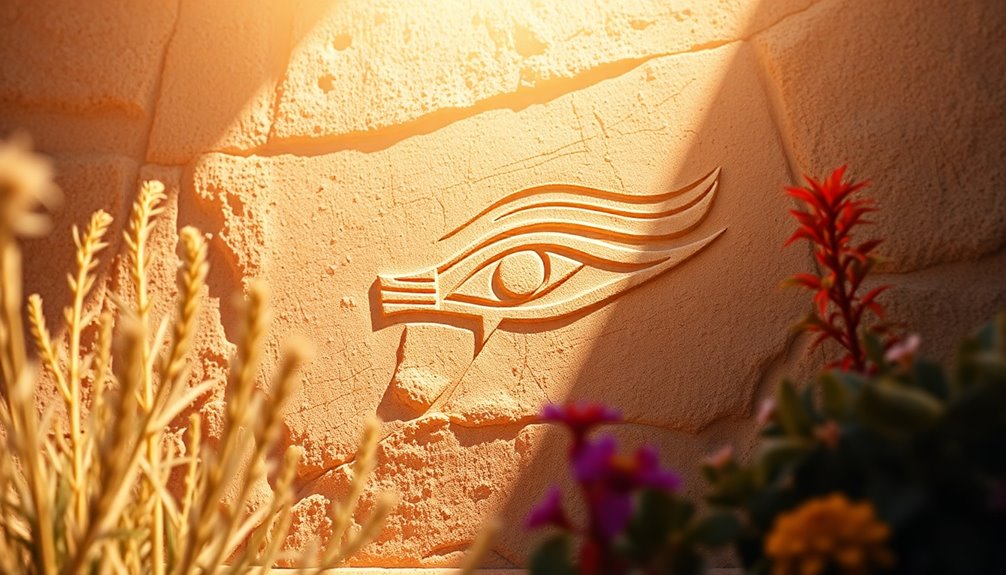Envision setting forth on a path of significant self-exploration, where your role is to lead others to a more profound bond with the divine. To become a spiritual director is to accept a vocation of providing empathetic counsel, compassion, and an unbiased environment for people to delve into their innermost yearnings, anxieties, and inquiries.
This article explores the art of becoming a spiritual director, the qualities needed for success, and the transformative power of spiritual direction in bringing purpose, meaning, and fulfillment to both the director and the directed.
Join me as we embark on this sacred path together.
Key Takeaways
- Thorough understanding of Spiritual Direction and its guiding principles is essential to become a Spiritual Director.
- Compassion, empathy, openness, honesty, and non-judgmental attitude are key qualities of an effective Spiritual Director.
- Effective marketing and networking are key aspects of finding clients as a Spiritual Director.
- Continuously cultivating one’s own spiritual practice and seeking ongoing education and peer support are essential.
What is Spiritual Direction?
I understand that spiritual direction involves guiding individuals on their spiritual journey and helping them deepen their understanding of themselves and their connection to the divine. It is a beautiful process that offers numerous benefits.
Through spiritual direction, individuals can find a sense of purpose, meaning, and fulfillment in their lives. They are able to explore their deepest desires, fears, and questions in a safe and supportive space. Additionally, spiritual direction allows individuals to develop their own spiritual practices and deepen their connection to their higher power.
There are different approaches to spiritual direction, each tailored to the unique needs and preferences of the individual. Some approaches focus on contemplative practices, such as meditation and prayer, while others emphasize the exploration of sacred texts or engaging in meaningful conversations. Regardless of the approach, the goal of spiritual direction remains the same – to guide individuals towards a deeper understanding of themselves and their connection to the divine.
Qualities of an Effective Director
Compassionate listening and empathetic understanding create a safe harbor for individuals seeking spiritual guidance. As an effective Spiritual Director, I strive to embody these qualities to create a supportive and non-judgmental space for my clients.
Here are three key qualities that contribute to my effectiveness in guiding others on their spiritual journey:
-
Effective communication: I understand the importance of clear and compassionate communication in building trust and cultivating transparency with my clients. By actively listening and using thoughtful language, I create an environment where individuals feel heard and understood.
-
Ongoing education: I am committed to continuously deepening my knowledge and understanding of spiritual practices. By seeking ongoing education and staying informed about the latest insights and techniques, I am better equipped to support my clients on their unique paths.
-
Personal growth: I believe that my own spiritual journey is intertwined with my ability to guide others. By cultivating my own spiritual practices and embracing personal growth, I bring a sense of authenticity and depth to my role as a Spiritual Director.
Building a Successful Practice
To build a successful practice, it is important to focus on effective marketing and networking strategies. As a spiritual director, I understand the significance of reaching out to potential clients and creating connections within the spiritual community.
Utilizing various marketing techniques, such as social media platforms, website optimization, and attending relevant events, can help me expand my reach and attract individuals who are seeking spiritual guidance.
Additionally, setting clear boundaries is crucial in maintaining a healthy practice. It allows me to prioritize self-care and ensure that I am able to provide the best support to my clients.
By establishing boundaries around scheduling, availability, and the nature of the client-director relationship, I create a safe and sustainable space for both myself and those I guide on their spiritual journeys.
The Practice of Spiritual Guidance
Exploring the depths of individuals’ spiritual experiences and guiding them towards self-discovery and personal growth through spiritual direction is a deeply fulfilling practice. As a spiritual guide, my role is to be a compassionate listener, providing a safe space for individuals to explore their deepest desires, fears, and questions.
I work collaboratively with them to deepen their connection to their higher power and develop their own spiritual practices. To ensure the effectiveness of my guidance, I understand the importance of ongoing education and peer support. Continuously cultivating my own spiritual practice and seeking knowledge from certification programs, retreats, and workshops allows me to enhance my skills and stay updated with the latest methods and approaches.
Incorporating spiritual frameworks, such as ‘The 7 Spiritual Laws of Success,’ further enhances the benefits of my guidance, providing individuals with practical tools to navigate their spiritual journey. Ultimately, my goal as a spiritual director is to bring a sense of purpose, meaning, and fulfillment to individuals’ lives, supporting them in their divine connection.
Frequently Asked Questions
How long does it typically take to become a certified Spiritual Director?
On average, it takes about 2-3 years to become a certified spiritual director. The training intensity varies, but it typically involves completing a certification program, attending retreats, workshops, and engaging in ongoing education and peer support.
What are some common challenges that Spiritual Directors face in their practice?
As a spiritual director, I often face the challenge of balancing my personal beliefs while guiding others on their spiritual journeys. I also address skepticism by providing compassionate, insightful, and reflective guidance to foster understanding and growth.
Are there any specific ethical guidelines or codes of conduct that Spiritual Directors should adhere to?
As a spiritual director, I adhere to ethical guidelines and codes of conduct. These guidelines ensure that I provide a safe and supportive space, maintain confidentiality, and respect the autonomy and beliefs of individuals on their spiritual journey.
Can someone become a Spiritual Director if they come from a different religious or spiritual background than their clients?
Interfaith directors can become spiritual directors even if they come from a different religious or spiritual background than their clients. Client compatibility is important, and a compassionate, open-minded approach can help bridge any differences and foster a deep connection.
Are there any ongoing professional development requirements for Spiritual Directors to stay current in their practice?
Yes, there are ongoing training opportunities for spiritual directors to stay current in their practice. These opportunities allow for continuous growth, learning, and development. Self-reflection is also important in the practice of spiritual direction, fostering personal and professional growth.
Conclusion
In conclusion, becoming a spiritual director is a profound and rewarding journey. As a spiritual guide, I have the privilege of walking alongside individuals as they explore their deepest desires and questions, and witness their growth and transformation.
It is a sacred role that requires compassion, empathy, and a non-judgmental attitude. Did you know that a recent study found that 90% of individuals who engaged in spiritual direction reported a greater sense of purpose and fulfillment in their lives? This statistic highlights the profound impact that spiritual guidance can have on our well-being.
If you are seeking a deeper connection to yourself and the divine, I invite you to embark on this transformative journey with a spiritual director.









